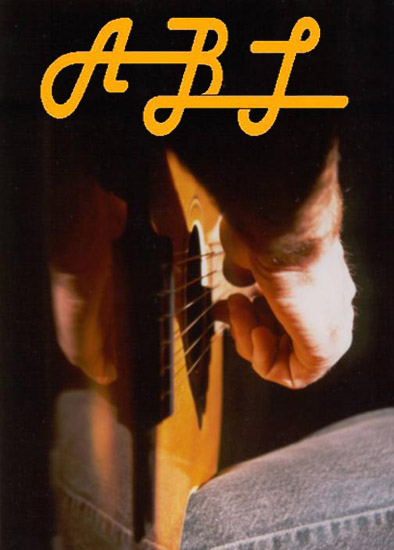Why should I know anything about public speaking? I'm a musician. I'm a songwriter. I don't have to speak in public. I just have to stand on stage and play. Or sing. Or stay home and write songs then just play them in songwriter circles and the recording studio.
Well, if you're on stage at any time for any purpose, it's important to know how to communicate with your audience. Your usual M.C. might have a coughing fit and you need to step up to the mic and cover. Or your usual M.C. might quit the band. You might want to tell why you chose to perform that song or what inspired you to write that song. You want your audience to like you, and letting them see you as a person is a good way for them to get to know you. Making them laugh is a great way to get them to like you.
I was at the Western Music Association Annual Awards Show and Festival in November. Lee Lee Roberts did an excellent seminar about public speaking. I came home two days later and flipped through a new free magazine. Thinking it was simply ads, I was surprised to find a useful article. In this case, it was an article about public speaking.
Putting what I learned from my own experience together with the article and the seminar I attended, I came up with a list of things to think about and work on before you get to the stage to speak in public.
- Don't memorize your speech. Remember your key points. But speak to your audience, not at them.
- Limit your key points. If you're giving a speech, keep your key points to 3. If you're introducing a song, or filling in time while the band tunes, limit your key points to 1 or 2 at the most. What do you want to say about the song? Cut it down to the most important part. Your audience will like you for 2-3 short sentences more than they'll like you for a 10-minute rambling introduction to a 3-minute song.
- Use material (stories, quotations, jokes) that fits your key point(s).
- Engage the audience. A monologue is speaking at them. Make your presentation a two-way interaction. Let them ask questions. Answer those questions. Watch their faces. Listen to their reactions. If they look confused, back up and clear things up. If they didn't laugh when they were supposed to, try to figure out why and adjust your presentation on the fly.
- Start small. Practice with your family and friends. They try it out with small groups. Open mics are great ways to practice stage patter.
- Practice. Practice. Practice.Know your material. I knew a musician who would not perform any song on stage until she could sing and play it perfectly while reading a magazine article. That puts the song into muscle memory, which will carry you through the distraction of an audience and the attention lapse needed to guage audience response and decide what to change. Of course you'll practice your song. Practice your stage patter, too.
- Look for friendly faces in the audience. When you see one watching and responding in a postive manner, talk to that person. Remember to look around for other friendly faces, and make eye contact with them, too.
- Use humor. Tell a funny story that has something to do with your song. If you're not good with stories, just tell one-liners. Steal them from bumper stickers if you have to. Go online to look for quotes or funny stories about your topic. Just like a song has timing, so does humor. There are videos of people telling jokes online. Study their timing.
- Beware of stealing stories from other people. You may not have their facility to set up a joke. That story may be deeply personal to that other person and not to you and fit them better than it fits you. Try to come up with stories from your own experience. It will sound more natural and you'll do a better job of remembering it.
- Talk from your heart. Say things you believe in, that show the audience who you are.
- Have fun. Act like you're having a good time and you want to share it with the audience.
We're approaching the start of a new year. Wouldn't this be a great time to stop thinking of yourself as just a musician or just a songwriter? How about making a resolution to think of yourself as an entertainer? As a musician who can be an M.C.?
Who knows? You're in show business. You might find a second career as a public speaker.
Thanks for visiting AcousticByLines. |

